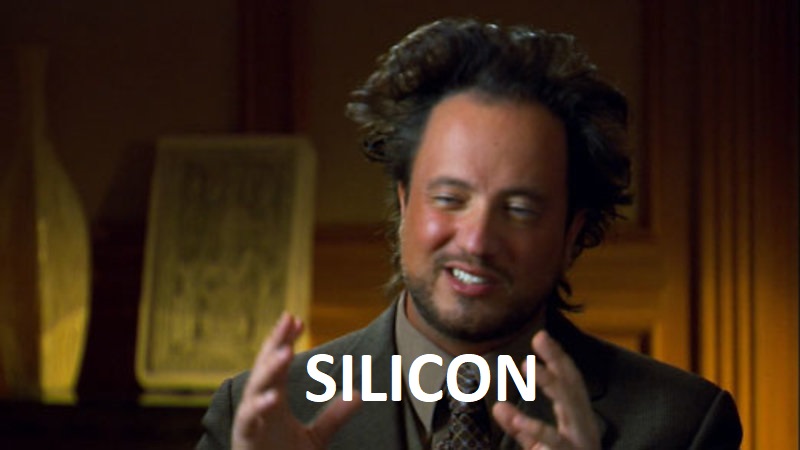
Immunized
In the end, the crisis I fretted over, the risk I hoped to mitigate, never quite materialized.

In the end, the crisis I fretted over, the risk I hoped to mitigate, never quite materialized.

Silicon is, I think, a good standard-bearer for the present, because it reminds us that the abstract and the concrete are always intertwined.

Law and order, but only certain laws and certain orders.

I’m not convinced that looter’s increased presence in my life is the result of a newly expanded horizon of awareness.

Set roughly sixty years before the Hunger Games trilogy, Ballad is, essentially, two origin stories in one.

Remember when Grandma, a model of self-restraint, shrieked so loudly you could hear her from across the lake?

What about this particular tweet and this particular act of terror—over all the other tweets and all the other acts of terror, domestic and international, that routinely dominate our feeds—prompted 2.4 million Twitter users to tap a heart-shaped icon?

It’s one thing, after all, to recognize that people can be dupes. It’s quite another to believe that they must be.

These days, the opening chapters of Emily St. John Mandel’s 2014 novel, Station Eleven, are enough to take your breath away.

If terroir survives the conceptual transplant from grape-growing to bread-baking, then it’s no surprise that I’ve failed to replicate my grandma’s bread.

She was also, I should add, a very bad little dog, at least in the day-to-day business of dogging.

I’ve kept revisiting the fact of Jes’s sickness, worrying it as I would a loose tooth, over and over again, in one essay after another.

Can you mourn a future you haven’t lived?

Much as I enjoy teaching novels and short stories, video games do something special when played with a group.

An unexpected call, just before the exam starts. A worried glance down at a phone, a quick “excuse me.”

Maybe my own childhood obsession with Jesus’s nuke-bright descent onto little Lansing, Illinois, reflected my peripheral engagement with wider, turn-of-the-millennium Evangelical culture

Between the Jes I think I know and that other Jes, the inexhaustible Jes, the one who slips briefly into view whenever she offers an unexpected comment, a laugh out of place, a sideways glance.

Although my diet has, in some respects, shifted closer to the views I first formed in college, it has remained effectively the same.

I’d go as far as to argue that we crave fictions of the end.

So here I now find myself, a year later, not with a record of instances—some long calendar of thresholds met and surpassed by Jes and me and Toph—but with the accretion of slow change.

What would it mean for Game of Thrones if, after expressing such disillusionment with the myth of the rightful ruler, it conjured up exactly that ruler to conclude its story?

I want to get at the heart of your questions by offering some modest but practical advice for cultivating a more omnivorous media diet.

So what happens, then, when this desire for mastery, reinforced by habit and nourished by the stories we tell and the media we consume, begins to look elsewhere for fulfillment?

While the film isn’t without interesting ideas—the notion of an environmental reckoning, for one—these ideas dart, glimmering and mostly unconsidered, through the nets that Aquaman reserves for its preferred but drabber game: the return of the king.

We call this tradition—because why wouldn’t we—our “Filling Out of the Carle Foundation Hospital’s Application for Financial Assistance Christmas Tradition,” or FOCFHAFACT, for short.

What matters here instead is the implicit challenge, the casual middle finger, that the novel tosses off at the rest of the genre.

“I think the water’s boiling, Jes.”
“Can you get that?”
“Caffeine or decaf?”

So, we should ask again, and with renewed urgency: why Lovecraft? In the face of his cultural saturation and manifest awfulness, how do we account for and reckon with his appeal?

All I know about the donut scene in Champaign, Illinois, I owe to a man named Pete.

For a long time, my reading habits resembled a Michael Pollan polemic, if Michael Pollan had been trying to cure the Western diet with genre fiction instead of carrots: Read fantasy. Not much else. Mostly Tolkien.